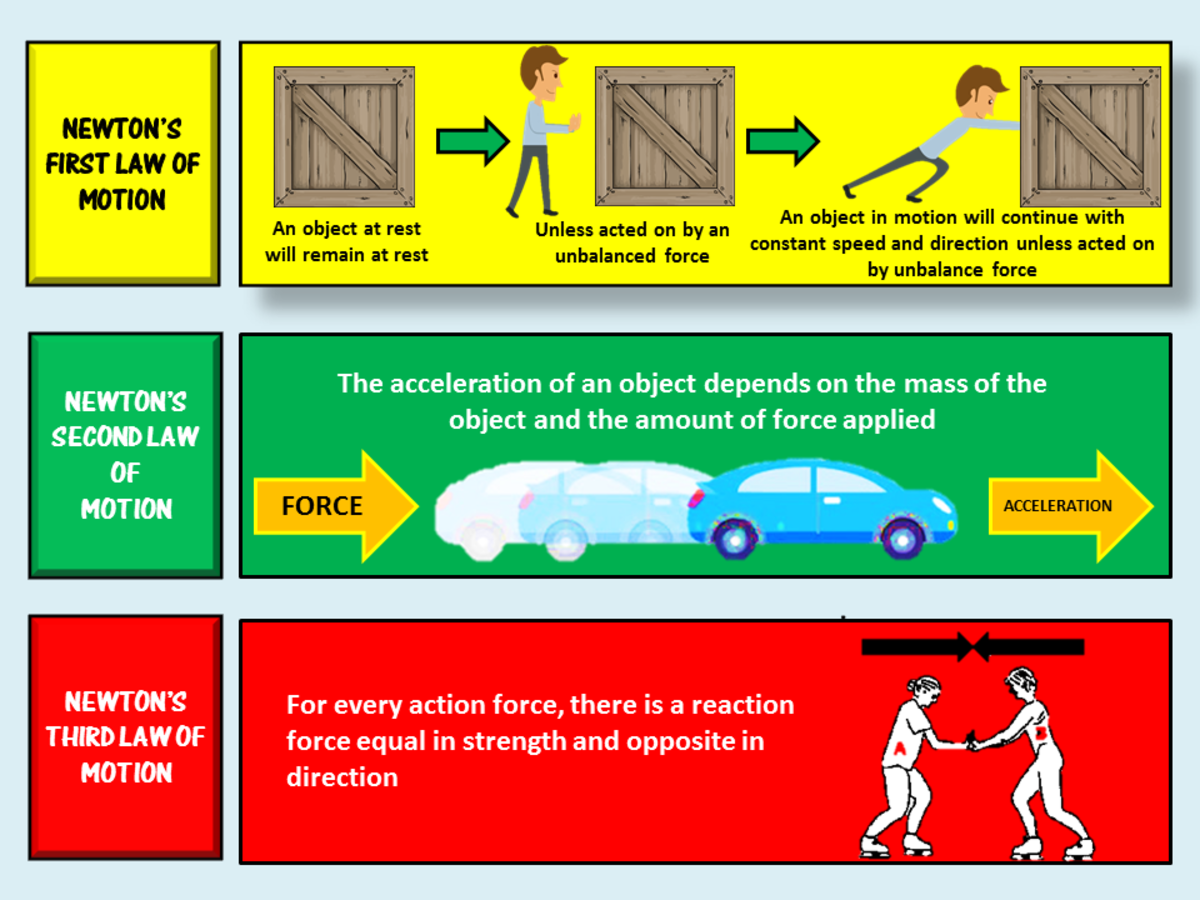- Known For: Developed laws that explain how the universe works
- Born: Jan. 4, 1643 in Lincolnshire, England
- Parents: Isaac Newton, Hannah Ayscough
- Died: March 20, 1727 in Middlesex, England
- Education: Trinity College, Cambridge (B.A., 1665)
- Published Works: De Analysi per Aequationes Numero Terminorum Infinitas (1669, published 1711), Philosophiae Naturalis Principia Mathematica (1687), Opticks (1704)
- Awards and Honors: Fellowship of the Royal Society (1672), Knight Bachelor (1705)
- Notable Quote: "If I have seen further than others, it is by standing upon the shoulders of giants."
“Plato is my friend, Aristotle is my friend, but my greatest friend is truth.”
Isaac Newton (Mathematician and Physicist)
Ten facts about Isaac Newton
- Isaac Newton is best known for 'discovering' gravity, but he worked on so many different topics that our understanding of the world was changed forever by his work..
- Newton had many roles in his life beyond his scientific research: he was Warden and Master of the Mint, and President of The Royal Society, as well as a member of parliament (MP).
- Newton was born very early (premature) and his family thought he would die, but he actually went on to live to the age of 85.
- Newton was a grumpy man and often argued with people.
- Newton discovered that white light is made up of a range of colours.
- Newton’s mum wanted him to become a farmer. Newton had other ideas!
- Newton initially studied for a law degree at Cambridge University. During this time he bought a book on maths but didn’t understand it.
- Newton owned more books on history than on science.
- When he was an MP, Newton only ever spoke one sentence – and that was to ask for a window to be closed!
- Newton was knighted by Queen Anne on April 16, 1705.
Did you know?
- Isaac Newton was not very keen on school work and preferred reading and making things.
- Newton was the first person to build a reflecting telescope, which made the images seen through a telescope much clearer.
- Newton was the first scientist to be buried at Westminster Abbey. Since then other scientists have been buried there, including Charles Darwin, Ernest Rutherford, and Sir JJ Thompson.
- Newton studied maths, physics and astronomy at Cambridge University. He became Professor of Mathematics and worked at the university for over 30 years.
- Newton was also interested in alchemy – he spent a lot of time trying to discover how to change things like lead and mercury into gold.
- Forces are measured in ‘Newtons’ after Newton’s work on motion.
- Sometimes Newton’s year of birth is reported as 1642 and sometimes as 1643. This is because according to the old (Julian) form of calendar he was born on the 25th December 1642, but under the Gregorian calendar that we use today he was born on the 4th January 1643!
Discovering Gravity
In 1679, Newton continued his work on gravitation and its effects on the planets. In 1687, at the age of 44, he published Philosophiae Naturalis Principia Mathematica. In this landmark work, Newton explained his three laws of motion, which included his theory on gravity. According to Newton, gravity is the reason that objects fall to the ground when dropped. Moreover, gravity is the reason why planets orbit the sun, while moons orbit planets, and why ocean tides exist.
Newton’s theories remain among the most important concepts in the history of science. There is some evidence that Newton’s ideas concerning gravity were inspired by apples falling from trees. There is no evidence to suggest, however, that any of the apples hit him in the head (as cartoons and fables suggest).
Isaac Newton’s Three Laws of Motion:
- Newton’s Second Law states that an applied force on an object equals the time rate of change of its momentum
- Newton’s Third Law states that for every action there is an
equal and opposite reaction.
Famous quotes
- "If I have seen further it is by standing on the shoulders of giants."
- "Every body continues in its state of rest, or of uniform motion in a right line, unless it is compelled to change that state by forces impressed upon it." (Translated from Latin)
- "I don't know what I may seem to the world, but as to myself, I seem to have been only like a boy playing on the sea-shore and diverting myself in now and then finding a smoother pebble or a prettier shell than ordinary, whilst the great ocean of truth lay all undiscovered before me."



No comments:
Post a Comment
Thank you!
Your comment will be published after admin approval.